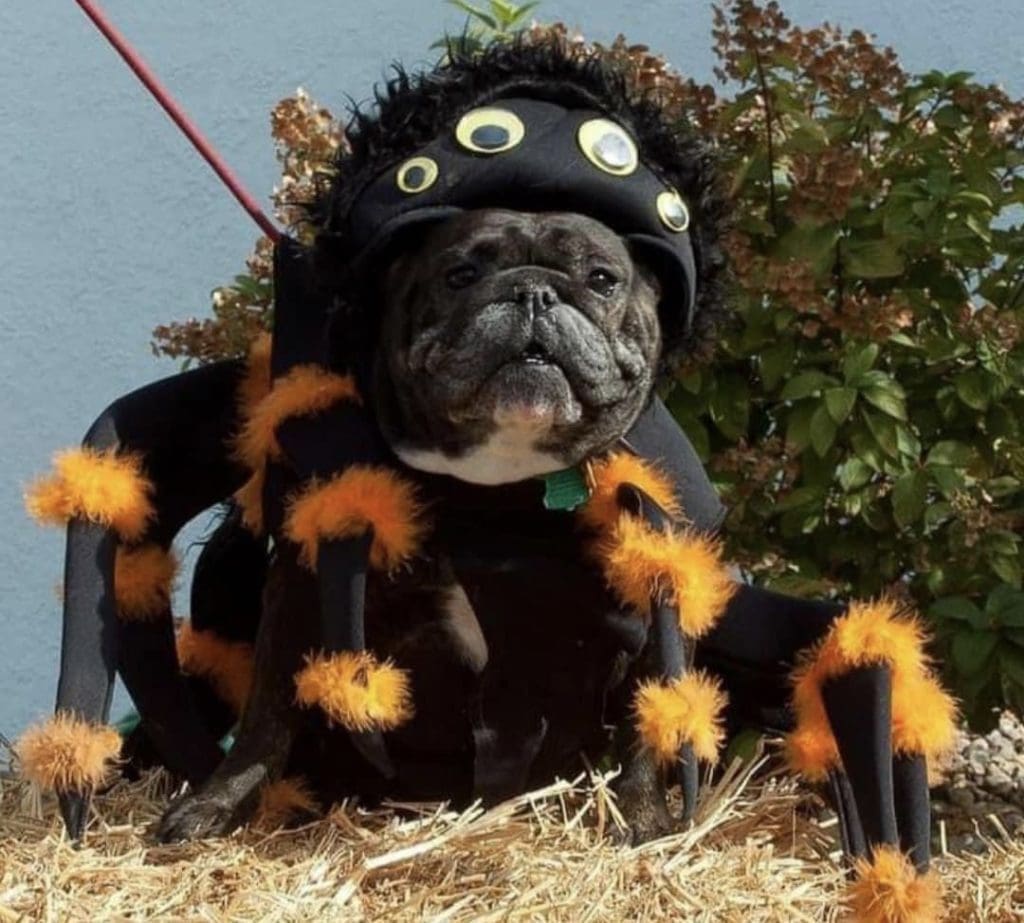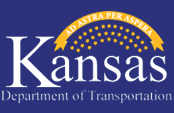K-State veterinarian offers tips for a trick-free Halloween for pets
Manhattan, KS— Treats and costumes are great for kids and adults, but a Kansas State University veterinarian says to take extra care with dogs and cats this Halloween.
Susan Nelson, clinical professor at the university’s Veterinary Health Center, said one of the most important things to do is to keep all candy in a place where pets cannot get to it.
“Chocolate, raisins, sugar-free candies and gums, and some nuts, can be toxic to pets,” Nelson said. “Candy wrappers and lollipop sticks can also become choking hazards or gastrointestinal foreign bodies if ingested.”
Pet costumes are adorable and popular. If you are planning on dressing up a pet, Nelson suggested trying the costume on your pet in advance. This allows the time to get used to it and to ensure your pet can see, hear, smell and breathe when in costume. Make sure to avoid costumes that have any loose or small parts that can be pulled off and ingested.
“If your pet seems distressed, allergic or shows abnormal behavior with a costume, consider having it wear a Halloween-themed bandana instead, as many pets prefer to dress up as themselves,” Nelson said.
Family members in costumes can be just as scary for pets. Nelson said to be mindful that your pet may be frightened by one of its own familiar family members when that person is disguised in a costume.
“A severe fright can make the pet wary of that person for some time to come, even after the costume has been removed,” Nelson said. “Get your pet used to the costume well in advance of the holiday by giving it treats while wearing part of the costume, and then later, all of the costume to help the pet become more familiar with it.”
Unknown visitors in scary costumes and loud noises can cause even the most social and/or calm animal to be frightened or show unexpected aggression. Nelson offers these tips if your pet is one that becomes anxious from noise and activity:
• Keep animal kenneled away from the activity or make a comfy spot in a back room.
• Turn on a radio or TV to help drown out noise caused by ringing doorbells and excited children.
• Greet visitors and hand out treats at the end of the driveway.
If your pet is one that gets severely distressed during this time, Nelson advised owners to speak with their veterinarian to determine if sedatives are an option and can be prescribed.
Nelson said to also be aware of these other possible Halloween hazards for your pet:
• Keep pets inside to protect them from tricksters. Cats, especially black ones, are often sought after with cruel intentions during Halloween and caution needs to be exercised during this time to keep them safe.
• Ensure your pet has proper forms of identification, such as a microchip, collar or tags, should they run off. A reflective collar may also help others to spot your pet should it go missing at night.
• Keep pets away from electrical cords and decorations. Chewing on electrical cords can lead to life-threatening electrocution and burns. Decorations using corncobs, strings or tassels can be ingested and cause obstructions in the gastrointestinal tract.
• Keep lit pumpkins and candles out of reach, as they can burn your pet. A frightened or curious pet also can tip over a candle, which could lead to a house fire. Consider using battery-operated lights instead. Pumpkins can be a source of toxic mold if ingested.
• Keep glow sticks away from pets. While not poisonous, glow sticks have a very bitter taste and can cause irritation to the mouth. Pets, especially cats, may drool uncontrollably and become very agitated. Some glow sticks contain a small glass vial that when broken, activates the glow stick. The glass can be harmful if ingested.
If you suspect your pet has ingested something toxic, Nelson said to call your veterinarian, the ASPCA Poison Control Center at 888-426-4435 or the Pet Poison Helpline at 855-764-7661 immediately for advice.
For more information, contact the Veterinary Health Center at 785-532-5690.













